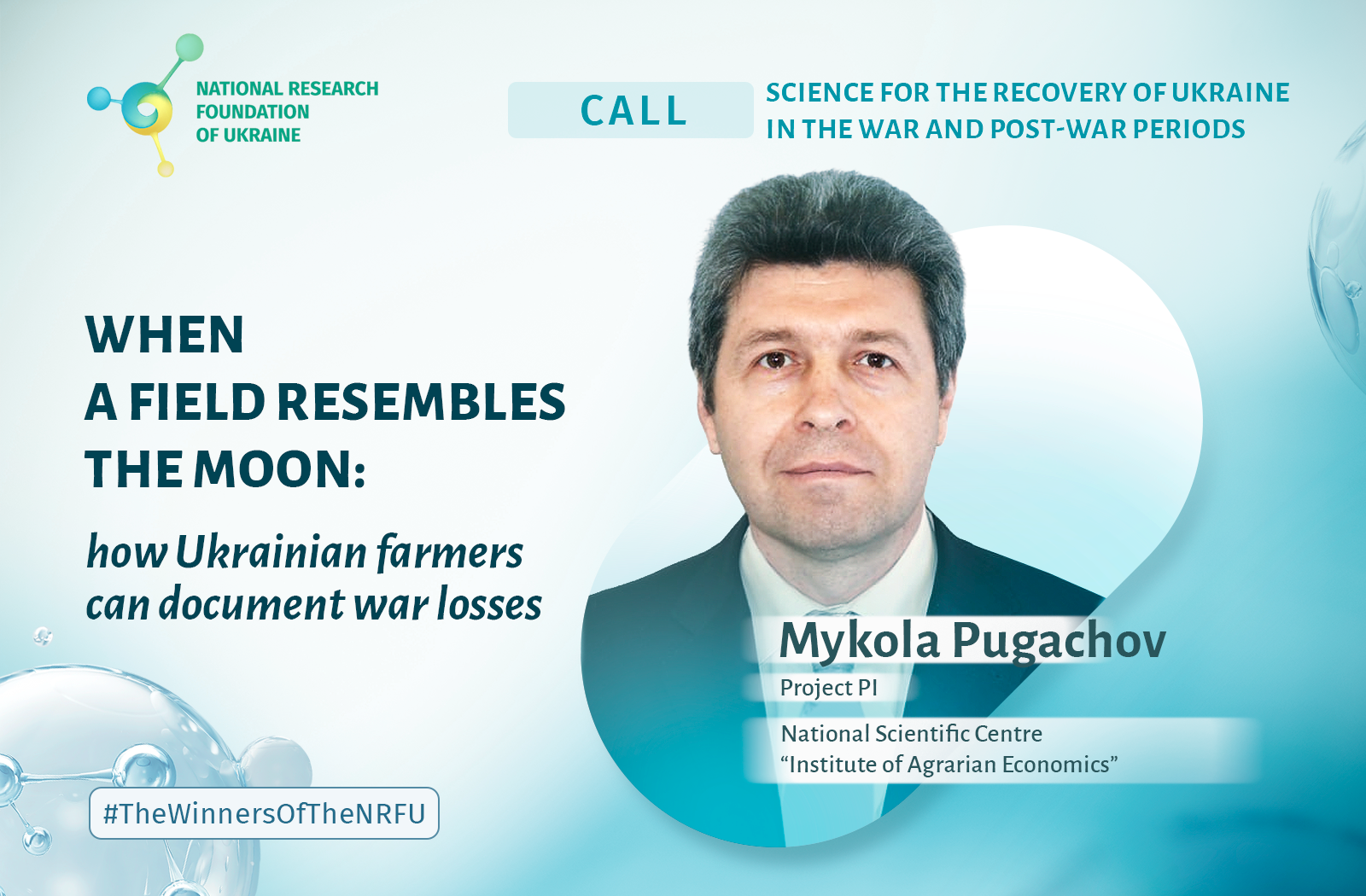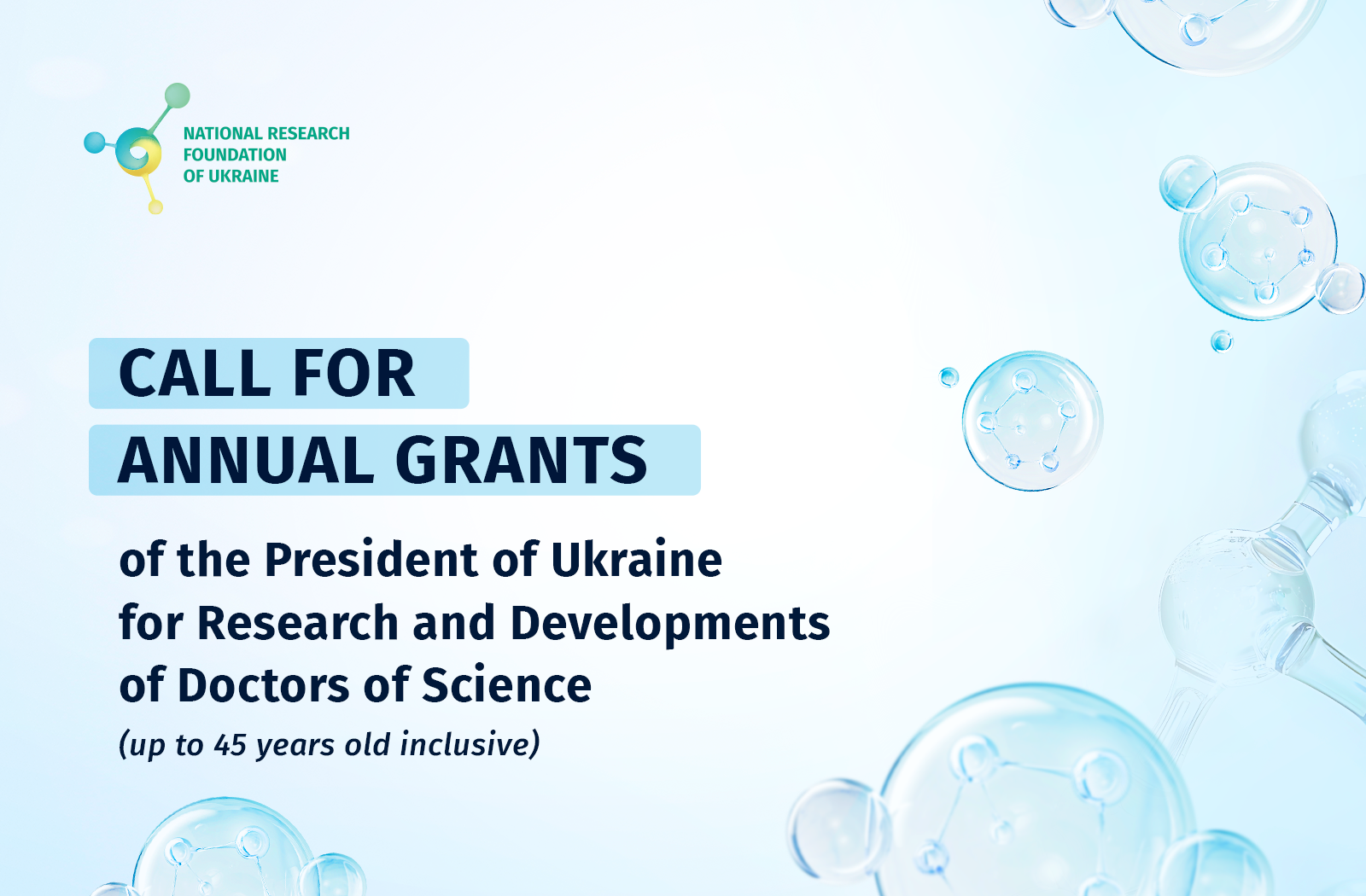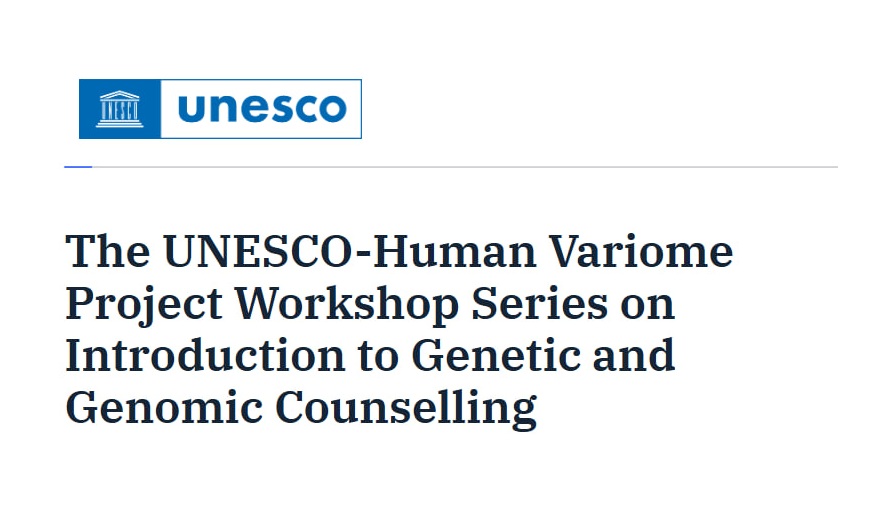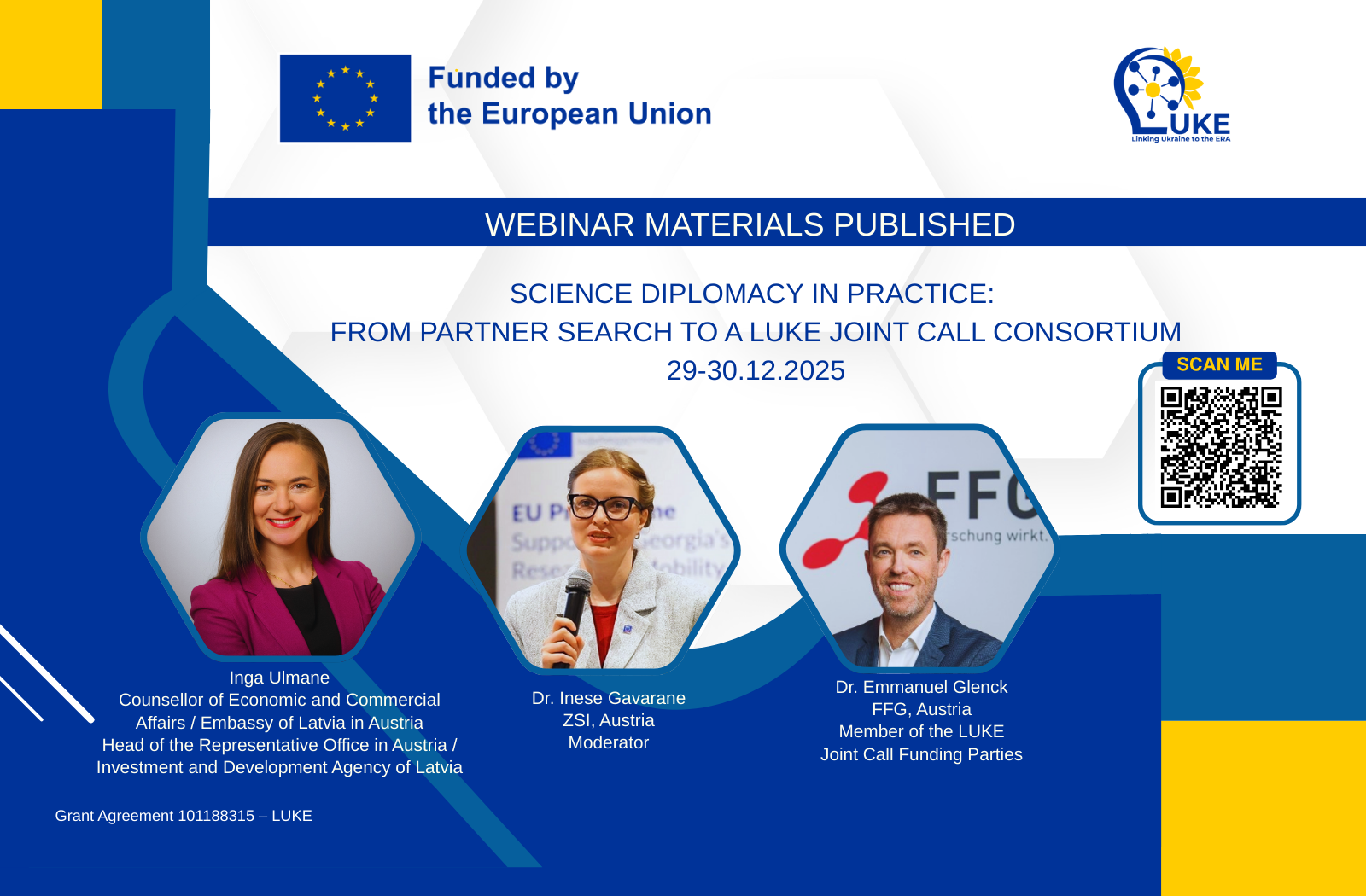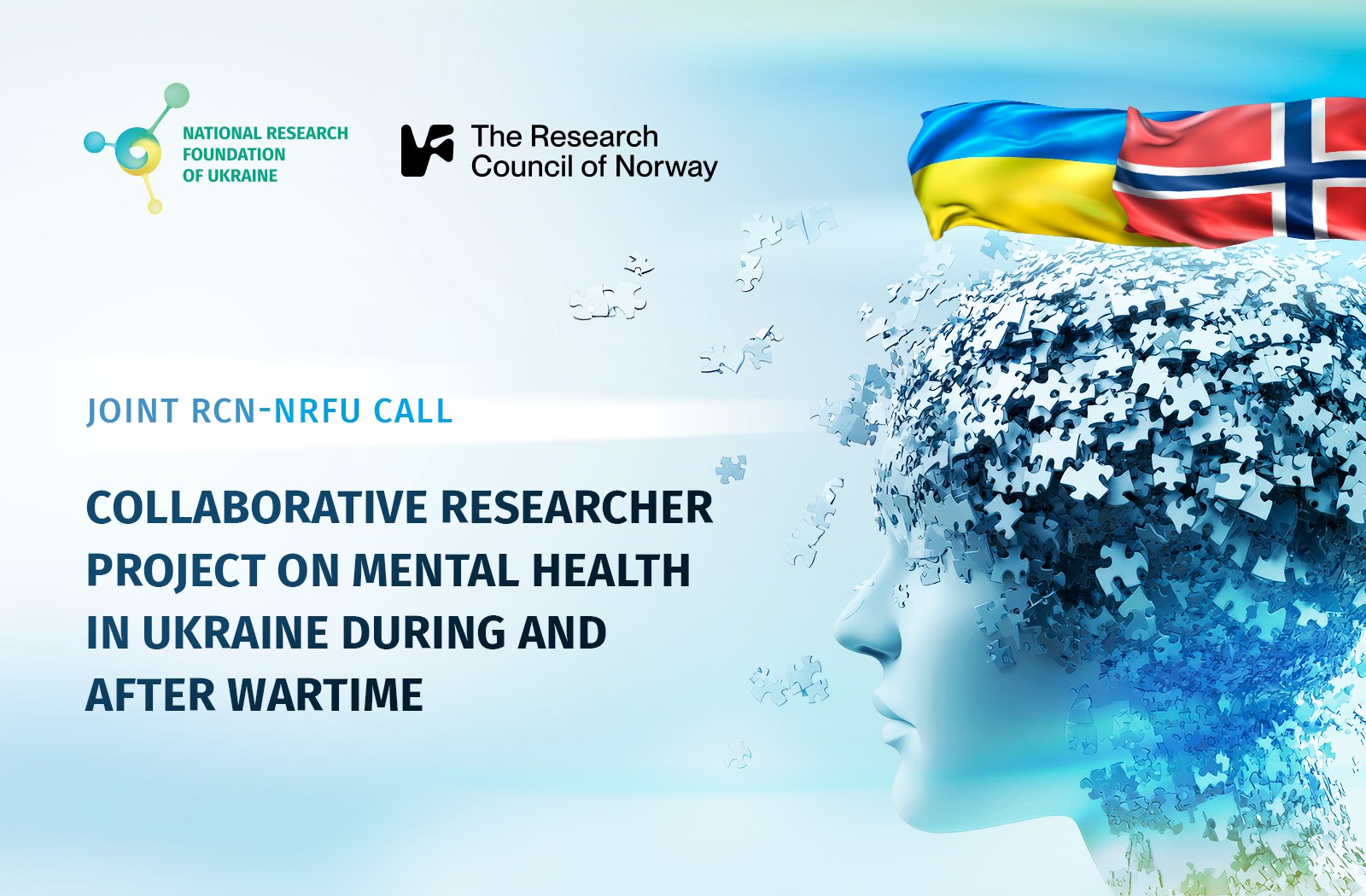This is was the time for welcome messages from Eduardo Ortega-Barria, National Secretary of Science, Technology and Innovation of Panama (SENACYT); Sethuraman Pannchanathan, Director of the National Science Foundation of the USA; Katja Becker, GRC Governing Board Chair; and Chancellor Erika Mouynes, Ministry of Foreign Affairs of Panama.
Naturally, the question of substantial finance of research was raised. Ms. Mouynes particularly mentioned the following: “We should have invested into science more a long time ago”.
The welcome messages were followed by sessions and panel discussions:
– research ethics, integrity, and culture in the context of rapid results;
– leveraging of cross-border expertise in the merit review process;
– promoting mechanisms for transparency related to researcher affiliations, commitments, funding, and credentials;
– designing principles, processes, and approaches to framing a rapid-results research programs;
– incentivizing and training the research community for the responsible and ethical conduct of rapid-results research;
– science and technology workforce development.
The principle messages summarizing the day could be as follows:
– the GRC Annual Meeting remains the most powerful platform for exchanging ideas, challenges and possible solutions in research worldwide;
– nurturing the culture of responsible and ethical conduct should gradually substitute the practice of punishment for misconduct;
– rapid results programs resulted as a reaction to COVID-19 pandemic challenges, however they will probably stay and be used as a mechanism of scientific answer to urgent needs;
– communication in science is a separate instrument that cannot be ignored or under-estimated;
– there should be a balance between strive for making research results open and sustaining research and knowledge security;
– brain drain should and can be prevented by means of developing new tools and conditions for brain circulation.


